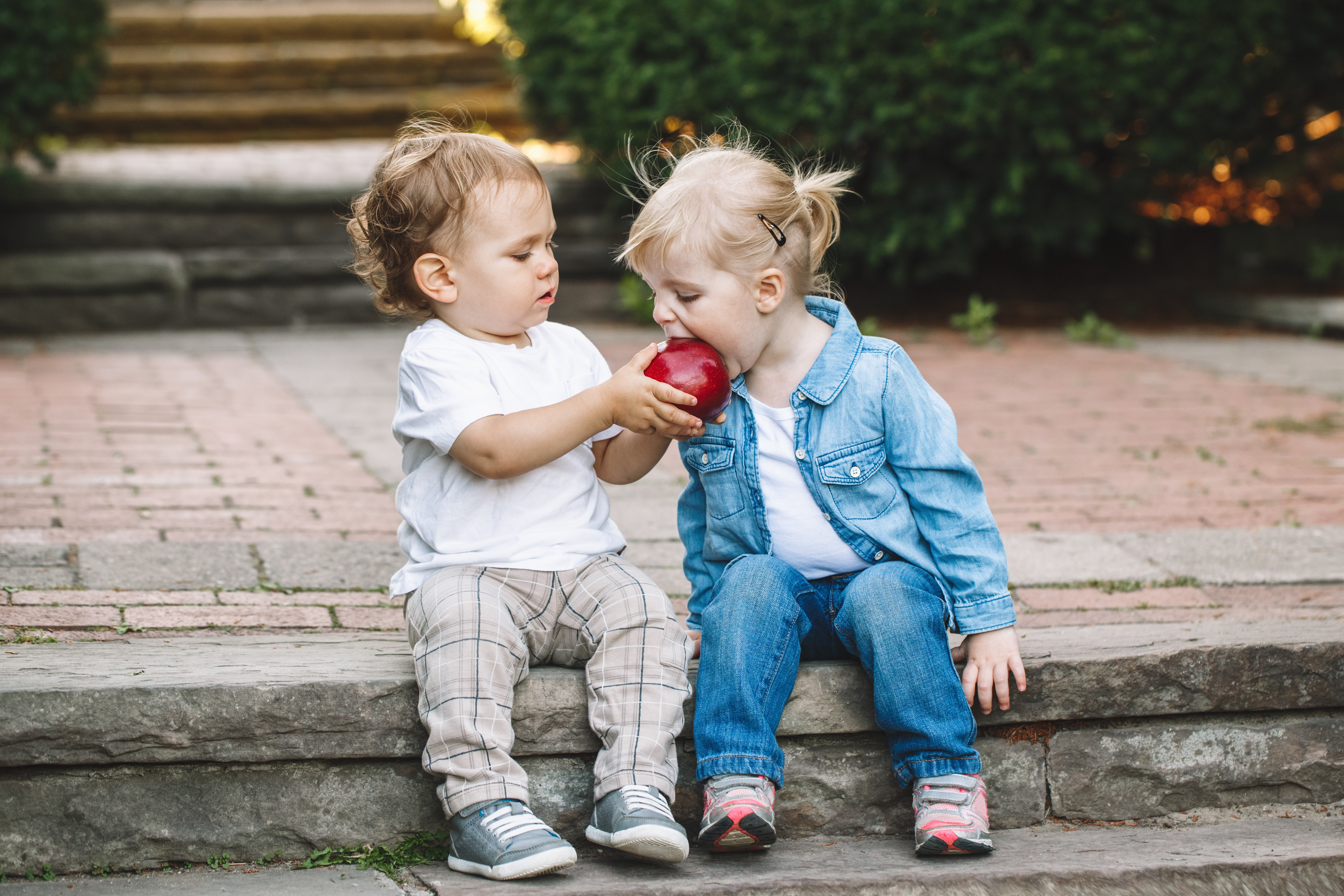The Mutual Benefits of Kindness
Remember back in the 2000s, when everyone was doing “random acts of kindness”? In hindsight, perhaps you’re wondering what the point of such exercises was.
Why would someone sacrifice their time or money randomly for someone else? Were the givers truly selfless in their wish to brighten someone’s day, or did these acts only serve to reinforce a sense of validation from others?
It’s easy to be sceptical of positive trends in a world full of scammers and fraudsters, but spontaneous kindness can be a powerful thing. Better yet, some of the greatest benefits of generosity actually apply to the giver, with research showing that giving is at least as good as receiving when it comes to elevating our happiness.1
Kindness for Wellness
Kindness can be hard to define, and it’s certainly hard to spot. We all know that showering others with gifts or being overly complimentary are sometimes signs of selfishness. Likewise, smiling and nodding can be hollow gestures.
One definition from the American Psychological Association (APA) that evades these contradictions is as follows:
“... a benevolent and helpful action intentionally directed towards another person, it is motivated by the desire to help another and not to gain explicit reward or to avoid explicit punishment.”2
While this definition emphasizes the benefits bestowed upon the receiver, both parties almost always gain from one person’s kindness. Although the giver may lose time, effort, or some tangible object, their actions often provide a sense of wellbeing they wouldn’t otherwise feel.
A 2003 study explored this notion through a simple experiment.1 The research team divided participating students into two groups, instructing half to execute random acts of kindness and the rest to continue their lives as usual.
The first group performed five small acts of kindness per week for six weeks. These included simple gestures like visiting a sick friend or making a small purchase for a stranger.
At the end of the allotted period, all the students were given a standardized wellbeing assessment. The random-kindness group reported significantly higher wellbeing scores.
In case you’re wondering whether this result was a fluke, this is just one of many studies successfully employing a random-act-of-kindness intervention. Amazingly, research has even shown that the psychological boost gained from these acts can be powerful enough to lift spells of depression.3
Almost 20 years since this landmark study, however, and our individualistic culture still largely prevails. To see the staying power of generous behaviour, we now know that consistent acts of kindness forge a path to wellness.4
Research tells us that those who practice kindness and compassion habitually or by nature tend to enjoy better relationships and wellbeing.5,6 Therefore, it’s best to think of kindness as a sustainable, mutually beneficial lifestyle choice, rather than a one-time means to wellbeing.
Most people innately understand that kindness is better than cruelty, coldness, or manipulation. This isn’t just because it’s socially acceptable to be nice. It's because kindness usually yields better results.
When we do good things, we feel good. Our stress levels decrease, and our social lives improve.7 In time, this leads to a happier, healthier, and more profitable life. But why is this?
Pathways to Wellbeing through Kindness
Giving, like all behavior, is an evolutionary adaptation. When humans first evolved, larger, more cohesive groups had a better chance of survival, so it was necessary to maintain strong social bonds. When a group member was sick or struggling, helping them benefited everyone.
Over time, evolution increasingly selected those inclined toward acts of service. This is so true that service, divorced from kind intentions, now supports the fabric of our societies through counter-evolutionary jobs like firefighting or military service. Humans, it seems, may be the only creatures who regularly perform such selfless acts.
Exactly how this transition occurred is still subject to debate. It may be that selfless behaviors built valuable social resources that givers could rely on later in life. It’s also possible that giving encouraged others to give back in a reciprocal exchange.8
Having developed social adaptations for millions of years, we’re now hardwired to derive physiological wellness from kindness. Caring behavior, directly and indirectly, increases our longevity and overall health.9
While the mechanism for kindness’ benefits isn’t entirely clear, there’s growing evidence that positive social experiences might mitigate the harmful effects of stress on the body.10 When you’re chronically stressed, cortisol, the stress hormone, increases your blood pressure, elevates anxiety, and causes sleep and mood disturbances.
Over time, this can be harmful or even deadly. Regular social contact may reduce your stress to a lower baseline and therefore improve health. Since kindness improves social experiences, it’s a powerful way to boost your physical and mental wellness.11
Why Kindness isn’t Weakness
Discussions on kindness can sometimes sound naive. If you’re kind to everyone, you might ask, aren’t you opening yourself to being manipulated or taken advantage of? In short, no.
It’s important to understand the difference between showing kindness and being unconditionally “nice.” The distinction is that someone kind can be generous while still setting clear boundaries. The proverbial “doormat” fails to set boundaries in favor of pleasing others.
To the uninitiated, it can be hard to tell which is which. If you’re struggling, here are a few indicators.
Signs that you’re setting proper boundaries:
- You don’t feel any pressure to help
- The other person seems sincerely appreciative
- You feel comfortable saying no
Signs that you’re letting others take advantage:
- You’re only being nice out of fear of rejection
- You feel forced or resentful
- You have a motive other than kindness
***
If you’ve read this far, you probably feel inspired to incorporate a little extra kindness into your life. While this may feel daunting, just know that you don’t have to make a sweeping change all at once. Sometimes, even a few small changes can get you started on a lifelong path.
Try surprising someone you love with a home-cooked dinner or evening of pampering and massage. Alternatively, see if you can take some small hassle or problem they’re struggling with off their hands. You’ll be surprised how quickly these gestures result in a two-way exchange.
Likewise, consider what small gestures you might show others you know less well, such as your colleagues or people in your neighborhood. For instance:
- When a small business serves you well, leave a kind review for them online.
- Commend your co-workers for their great work and consider passing on word of their efforts to their boss.
- Let another person ahead of you in the coffee line (or better yet, shout them one).
If you’re afraid that giving a bit more simply “isn’t you,” don’t worry. Everyone appreciates a positive change. After a bit, it will be as natural as breathing, and it'll probably feel just as good.
Share this
You May Also Like
These Related Stories

Self-Compassion and Kindness

Silencing The Inner Critic




